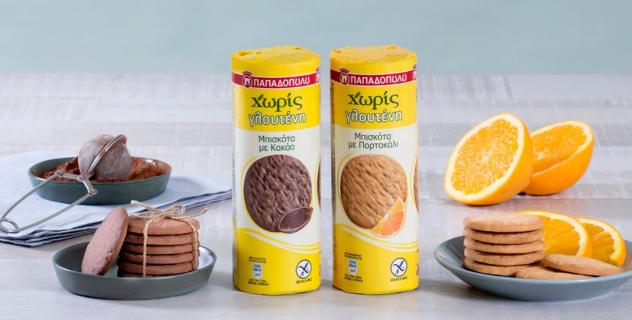Lactic acid use in laminated biscuits
Hello,
Any advantages in using lactic acid instead of the common acid salts? Could this impact on rancidity more than these salts? SAPP and MCP are cheaper than lactic acid here.
Thanks in advance,
Jose


ISM 2026 sets new benchmarks with 1,600+ exhibitors from 74 countries. Explore the new "ISM Ingredients" platform and functional trends in biscuit ind...

Discover how indigenous sorghum is reshaping biscuit innovation by offering a nutritious, gluten-free alternative to wheat flour.

As AI enters the biscuit industry, automating recipe development and roller design, Errebi Technology Spa reflects on the balance between innovation a...

E.J. Papadopoulos's gluten-free biscuits with orange and cocoa embody the fusion of sumptuous flavour and health-conscious ingredients.

Consolidated Biscuit's Morning Coffee Biscuits offer a unique and delightful way to enhance your morning routine











The score is based on the number of created courses at BPA (150 points per course), the number of the lectures given at BPC (100 points per lecture), published articles (20 points for every approved article in Our Experts category ), number of resolved questions (10 points for every resolved question) and the number of asked questions (5 points for every asked question). The list is showing only top 10 biscuit industry experts.



